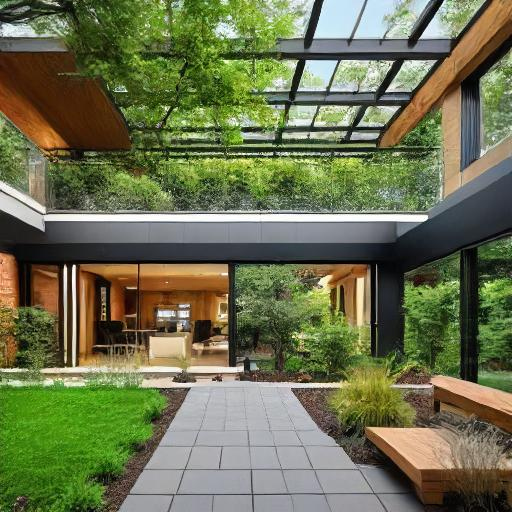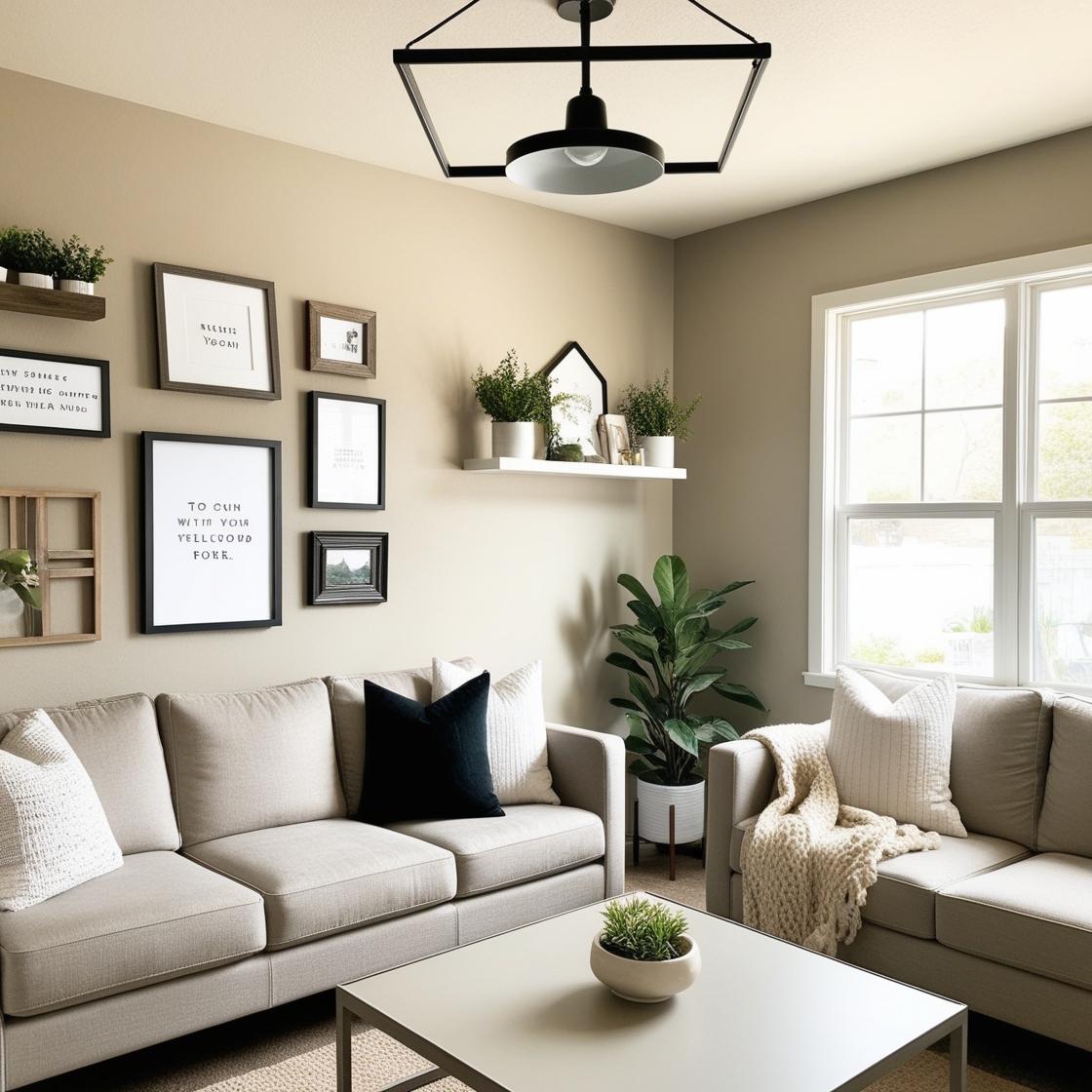Creating a sustainable home is more than just a trend—it’s a commitment to living in harmony with the environment and reducing your carbon footprint. Whether you’re building a new house or making improvements to an existing one, there are several strategies you can implement to make your home more eco-friendly. In this article, we’ll explore practical tips to help you create a more sustainable living space.
1. Opt for Energy-Efficient Appliances
One of the most effective ways to reduce your home’s energy consumption is by upgrading to energy-efficient appliances. Look for appliances with the Energy Star label, which indicates they meet strict energy efficiency guidelines set by the U.S. Environmental Protection Agency.
- Benefits: Energy-efficient appliances use less electricity, which can significantly lower your utility bills and reduce greenhouse gas emissions.
2. Improve Insulation
Proper insulation is key to maintaining a comfortable temperature in your home while minimizing energy use. Insulating your walls, attic, and floors can help prevent heat loss in the winter and keep your home cool in the summer.
- Benefits: Good insulation reduces the need for heating and cooling, leading to lower energy costs and a smaller environmental impact.
3. Install Solar Panels
Solar panels are an excellent investment for homeowners looking to harness renewable energy. By generating your own electricity, you can reduce your reliance on fossil fuels and lower your carbon footprint.
- Benefits: Solar panels can lead to significant savings on your electricity bills, and in some cases, you may even be able to sell excess energy back to the grid.
4. Use Sustainable Materials
When renovating or building your home, choose sustainable materials that have a lower environmental impact. Consider using reclaimed wood, bamboo, recycled metal, and low-VOC (volatile organic compounds) paints and finishes.
- Benefits: Sustainable materials often have a longer lifespan, reduce waste, and are healthier for your indoor environment.
5. Conserve Water
Water conservation is an essential aspect of a sustainable home. Installing water-saving fixtures like low-flow toilets, faucets, and showerheads can significantly reduce water usage.
- Benefits: Conserving water not only helps protect this vital resource but also reduces your water bills.
6. Implement Smart Home Technology
Smart home technology can make your home more energy-efficient by allowing you to monitor and control your energy usage remotely. Smart thermostats, lighting systems, and appliances can be programmed to operate only when needed, reducing unnecessary energy consumption.
- Benefits: Smart technology adds convenience and efficiency, helping you save energy and money.





